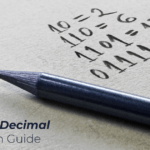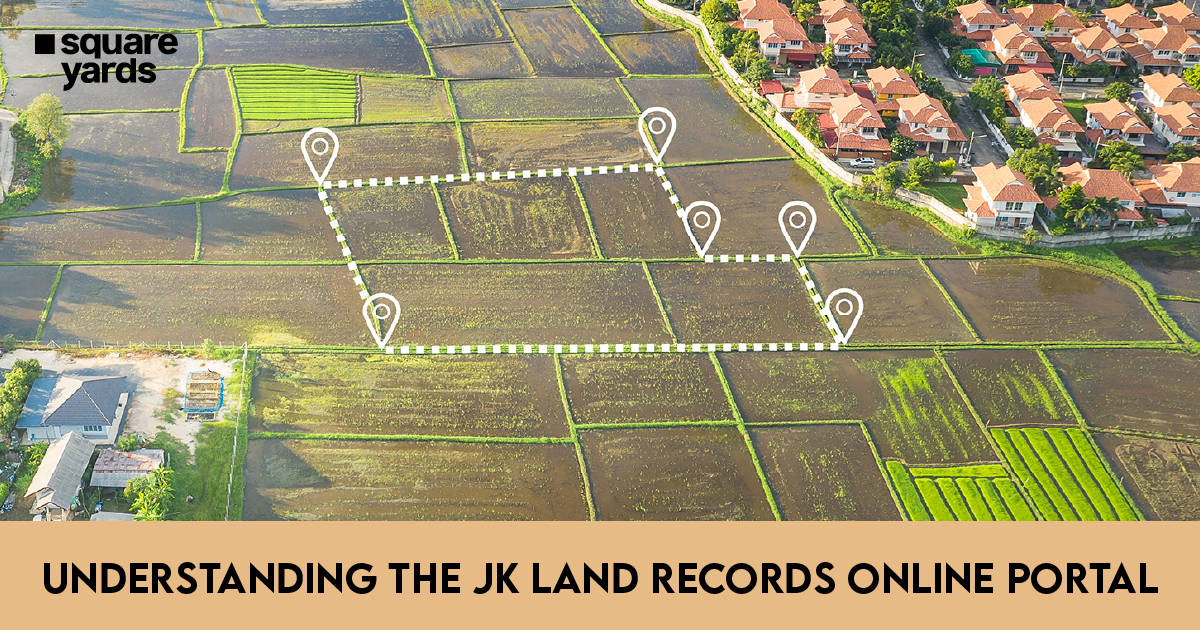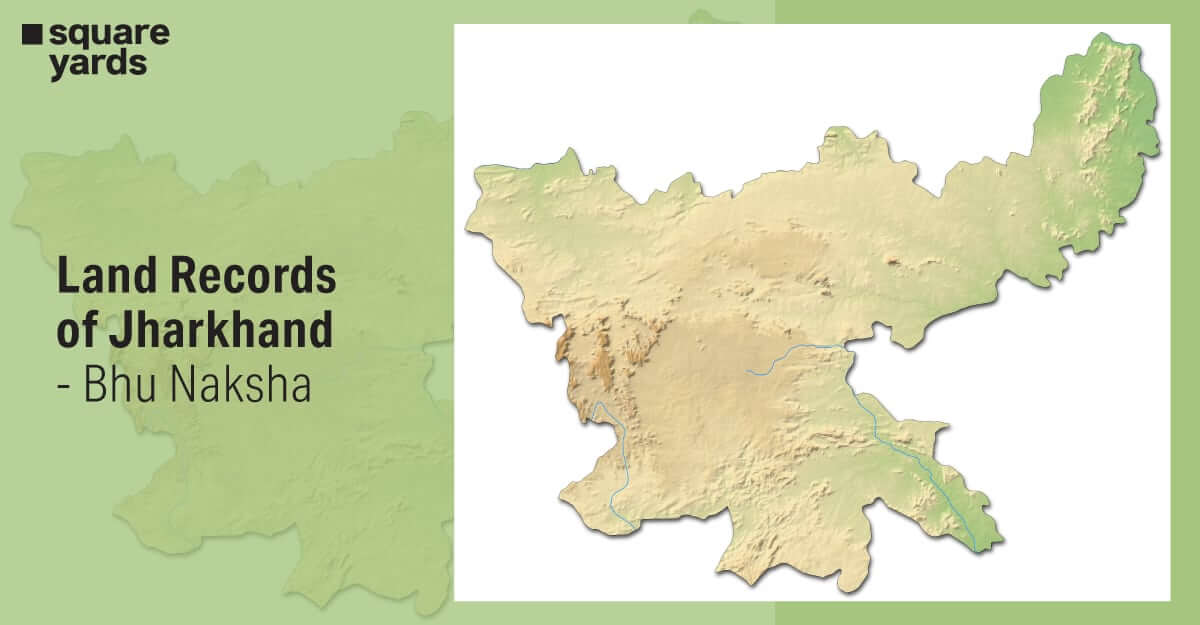When it comes to measuring weight, the metric system provides a simple and efficient way to do so. One common metric unit for measuring weight is the kilogram (kg), commonly used for larger objects such as people, animals, and cars.
However, it is sometimes necessary to convert kilograms to smaller units, such as grams (g), for more precise measurements, such as in cooking or scientific experiments.
This article will explore how to convert kg to tonnes and provide practical examples of when and how to do so. Whether you are a student, scientist, or home cook, understanding the relationship between kilograms and grams can be a valuable skill in your arsenal.
Table of contents
What are Kilograms?
The international standard (SI) for measuring mass is the kilogram. The weight of a platinum and iridium standard prototype maintained by the International Bureau of Weights and Measures is the basis for this definition.
The metric system typically employs the kilogram, with its unit of measure equaling 1,000 kg, and its widespread usage in fields as diverse as science, engineering, and commerce. A kilogram is an essential unit of measurement that allows us to determine the masses of the things we encounter daily precisely.
Current Use of Kilograms
The kilogram (kg) is widely used as a standard unit of measurement for mass in many fields, including science, industry, and commerce. People use kilograms to weigh food, luggage, and other objects in everyday life. In scientific research, kilograms measure the mass of particles, chemicals, and other substances.
In industry, kilograms measure the weight of raw materials, products, and equipment. Additionally, the kilogram plays a vital role in measuring other physical quantities, such as force and energy derived from the mass.
With the recent redefinition of the kilogram in terms of fundamental constants of nature, it has become even more important in scientific research, as it provides a stable and reliable reference for measuring mass.
Overall, the kilogram is a fundamental measurement unit essential for a wide range of applications in the modern world.
History of Kilograms
The historical roots of the kilogram trace back to the 18th century when scientists and government officials first realized they needed a universally accepted method of measuring.
The kilogram was considered the primary unit of mass for the new metric system the French Academy of Sciences put out in 1791.
In 1889, a platinum-iridium alloy prototype replaced an earlier version of the kilogram that was manufactured from pure water. The IPK, or International Prototype Kilogram, has been the gold standard for mass measurement for almost a century.
Scientists eventually learned that environmental and human influences, such as temperature and humidity, altered the IPK’s mass over time. As a result, scientists devised a brand-new approach to calculating mass that considers the Planck constant and other universal constants.
This method was used to redefine the kilogram in 2019, making mass measurements more exact and uniform. Despite its redefinition, the IPK remains a significant historical item and symbol of the kilogram’s lengthy history and development.
What are Tons?
A ton is a unit of measurement used to quantify mass or weight. It can refer to several different units, depending on the context. In the United States, a ton is typically understood to mean a short ton, equal to 2,000 pounds.
In the United Kingdom and other countries that use the metric system, a ton is often taken to mean a metric ton, equal to 1,000 kilograms or approximately 2,204.62 pounds. A ton can also refer to a long ton, equivalent to 2,240 pounds, but this unit is less commonly used.
Current Use of Tons
As a unit of mass, Tons are widely utilized in human language to express weight or force. The short ton, predominantly used in the United States, equals 2,000 pounds (907.185 kilograms).
The metric ton, recognized globally, is equivalent to 1,000 kilograms (2,204.62 pounds). Both units are prevalent in the logistics, construction, and resource management industries.
In casual speech, “tons” is frequently employed as an informal expression to indicate a large quantity or amount. However, it is crucial to differentiate between the two-ton types to ensure accurate communication and prevent misunderstandings in technical contexts.
History of Tons
Depending on the culture and place, “ton” has been used to refer to numerous weight units. “Ton” comes from the Old English word “tunne,” a huge container or barrel used to store wine or other products.
A ton of wine, 2,240 pounds, was the UK’s original definition of the ton (1,016 kilograms). In trade and transportation, this unit of measurement was prevalent.
Depending on geography and industry, the US ton was defined variously. In some circumstances, it refers to a ship’s cargo, in others to coal or other commodities.
The metric system and international weight standards were developed during the Industrial Revolution as the demand for uniform weights and measurements increased. Many nations and sectors define the ton differently, yet it is used globally.
In 1799, the metric ton (tonne) became the standard unit of weight in the metric system. In most nations, including the UK, it is 1,000 kilos.
In 1866, the US ton, sometimes known as the short ton, became a standard weight unit in the US. It is used in shipping, transportation, and construction and weighs 2,000 pounds (907.18 kg).
Relationship Between Kilograms and Tons
Kilograms and tons are both units of measurement for mass, with the ton being larger than the kilogram. Two types of tons are commonly used: the metric ton (tonne) and the short ton.
One metric ton equals 1,000 kilograms, while one short ton equals 907.18 kilograms. Therefore, one metric ton is slightly larger than one short ton.
To convert kg to tonnes, you can divide the kilograms by either 1,000 for metric tons or 907.18 for short tons. For instance, a shipment weighing 5,000 kilograms (5 tons) may also be written as 5,51 short tons.
How To Convert Kgs To Tonnes?
Converting kilograms to tons is a simple mathematical calculation that involves dividing the number of kilograms by a conversion factor. The conversion factor depends on the type of ton you want to convert to.
To convert kg to tonnes, you need to divide the kilograms by 1,000. For example, to convert 5,000 kilograms to metric tons, you would divide 5,000 by 1,000, resulting in 5 metric tons.
To convert kilograms to short tons, you need to divide the kilograms by 907.18. For example, to convert 5,000 kilograms to short tons, you would divide 5,000 by 907.18, resulting in approximately 5.51 short tons.
Here are the steps to convert kg to tonnes:
- To convert kilograms, you must first determine how much you need to convert.
- Decide which ton type to convert to metric tons or short tons.
- If converting to metric tons, divide the number of kilograms by 1,000.
- If converting to short tons, divide the number of kilograms by 907.18.
- Round the result to the desired number of decimal places, if necessary.
Following these steps, you can easily convert kg to tonnes for various applications, including shipping, manufacturing, and construction.
Formula and Examples Of Kilograms to Tons Conversion
Here are the formulas for converting kilograms to metric tons and short tons:
To convert kg to tonnes:
Metric Tons = Kilograms ÷ 1,000
To convert kilograms to short tons:
Short Tons = Kilograms ÷ 907.18
Now, let’s look at some examples to see how these formulas are applied:
Example 1: Convert 2,500 kilograms to metric tons (tonnes).
Metric Tons = Kilograms ÷ 1,000
Metric Tons = 2,500 ÷ 1,000
Metric Tons = 2.5 metric tons
Therefore, 2,500 kilograms is equivalent to 2.5 metric tons.
Example 2: Convert 3,000 kilograms to short tons.
Short Tons = Kilograms ÷ 907.18
Short Tons = 3,000 ÷ 907.18
Short Tons = 3.31 short tons (rounded to two decimal places)
Therefore, 3,000 kilograms is equivalent to 3.31 short tons
Kilograms To Tons Conversion Table
Here is a conversion table for kilograms to tons, including both metric tons (tonnes) and short tons:
| Kilograms | Metric Tons (tonnes) | Short Tons |
| 1 | 0.001 | 0.0011 |
| 10 | 0.01 | 0.011 |
| 100 | 0.1 | 0.11 |
| 500 | 0.5 | 0.55 |
| 1,000 | 1 | 1.102 |
| 2,500 | 2.5 | 2.76 |
| 5,000 | 5 | 5.51 |
This table shows the conversion of various kilograms weights to metric tons and short tons. You can use this table to quickly convert kg to tonnes without manually performing calculations.
For example, if you want to convert 100 kg to a ton, you can see from the table that it is equivalent to 0.1 metric tons or 0.11 short tons.
Difference Between Kilograms and Tons
Kilograms and tons are both units of measurement used to express weight or mass. However, they differ in size and the applications in which they are commonly used.
Kilograms are metric units of mass commonly used in scientific, medical, and commercial applications worldwide. A kilogram is equivalent to 1,000 grams, approximately 2.2 pounds.
Kilograms are used to measure the weight of objects, people, and animals, as well as for calculating shipping costs, determining dosages of medication, and for other purposes.
Conversely, tons are a larger mass unit commonly used in industrial, shipping, and construction applications. There are two types of tons: metric tons (tonnes) and short tons. A metric ton is equivalent to 1,000 kilograms, while a short ton is equivalent to 2,000 pounds, or approximately 907 kilograms.
Conclusion
Kilograms and grams are both basic measurement units commonly used to express weight or mass. Kilograms are larger units of measurement used in scientific, commercial, and medical applications, while grams are smaller units widely used in cooking and pharmacy.
Understanding the relationship between kilograms and grams is essential for accurate measurement and weight conversion, and this can be easily achieved using the conversion formula or a conversion chart.
By converting between these units, we can make more precise calculations and ensure accuracy in various settings, from shipping and manufacturing to medical and culinary applications.
You may also like:
FAQ’s about Kilogram to Ton
Q1. Is 1000kg equal to 1 ton?
Yes, 1000 kg is equal to 1 ton.
Q2. How much is 1 kg in tons?
1 kg is equal to 0.001 ton.
Q3. What is the formula for kg to tons?
The formula for converting kg to tons is: weight in kg ÷ 1000 = weight in tons. For example, to convert 5000 kilograms to tons, you would divide 5000 by 1000 to get 5 tons and vice versa for 5 tons in kg.




















































